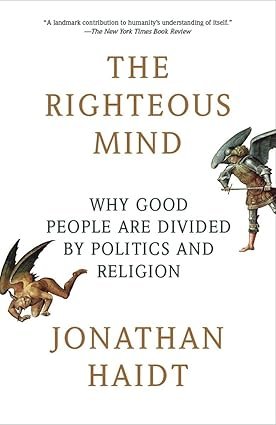Description
The Righteous Mind
Politics Books is a thought-provoking exploration of why moral disagreements—especially about politics and religion—are so deep, emotional, and persistent. Written by social psychologist Jonathan Haidt, the book blends psychology, anthropology, and evolutionary theory to explain how people develop their moral beliefs and why those beliefs can vary so widely between individuals and cultures. Haidt’s central message is that moral judgment is not purely the result of rational thinking; instead, it is rooted in quick, intuitive responses shaped by evolutionary history, social conditioning, and group identity.
Haidt introduces the idea that human morality is built on multiple “moral foundations,” Politics Books such as care/harm, fairness/cheating, loyalty/betrayal, authority/subversion, and sanctity/degradation. Different cultures—and political groups—emphasize these foundations in different ways. For example, progressives tend to focus more heavily on care and fairness, while conservatives often value loyalty, authority, and sanctity more strongly. Understanding this diversity of moral priorities, Haidt argues, can help us see why people of goodwill can still end up on opposite sides of political and religious debates.
The book also emphasizes that our reasoning often serves to justify what our intuitions have already decided, rather than to discover the truth. Haidt uses vivid examples, cross-cultural studies, and personal anecdotes from his fieldwork to illustrate how deeply tribal human beings are. He warns that this tribal instinct can lead to polarization, but also suggests that it can be channeled into cooperation if we recognize our shared humanity and learn to value moral diversity.












Reviews
There are no reviews yet.